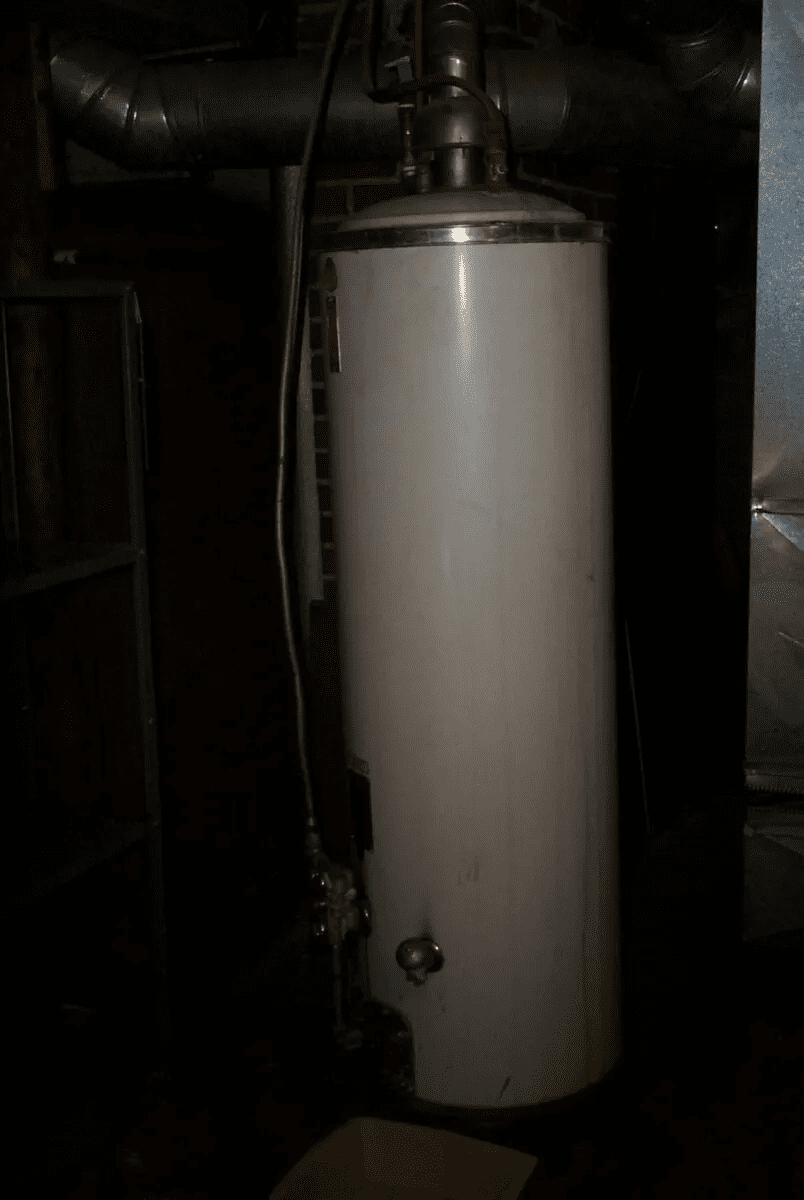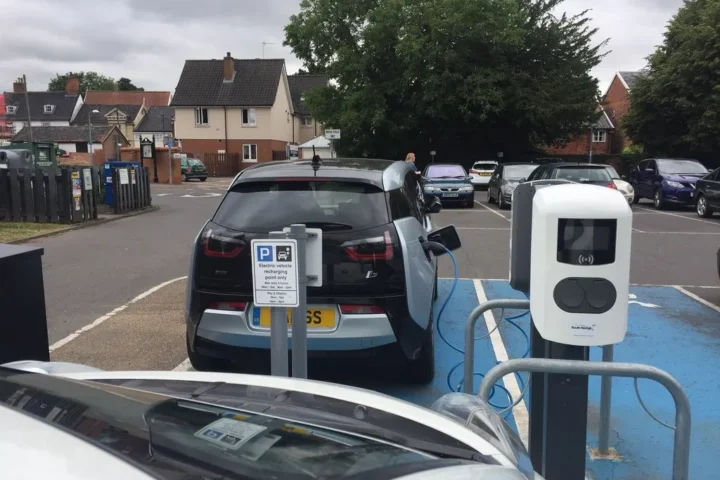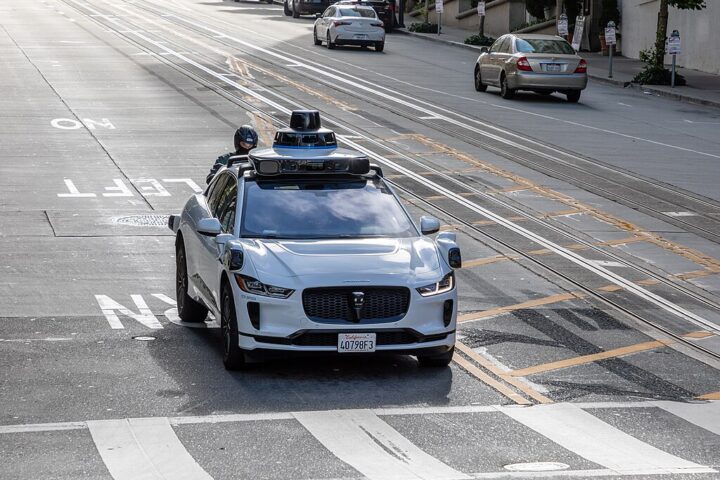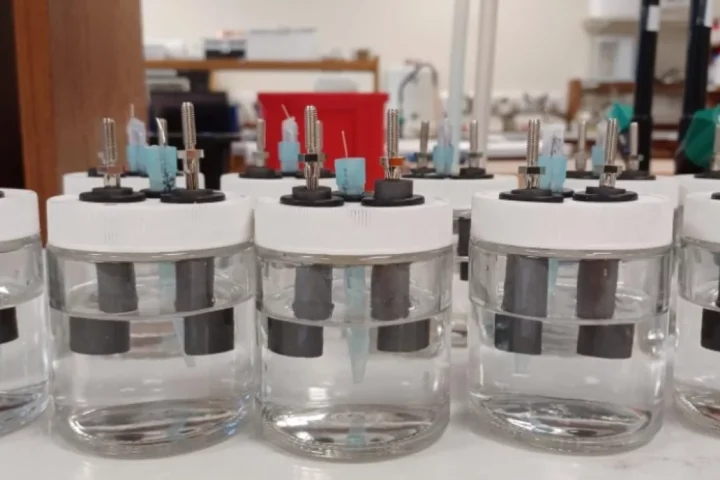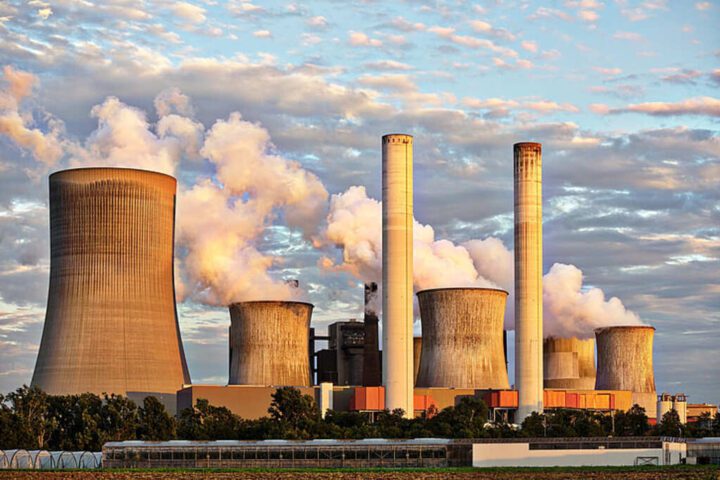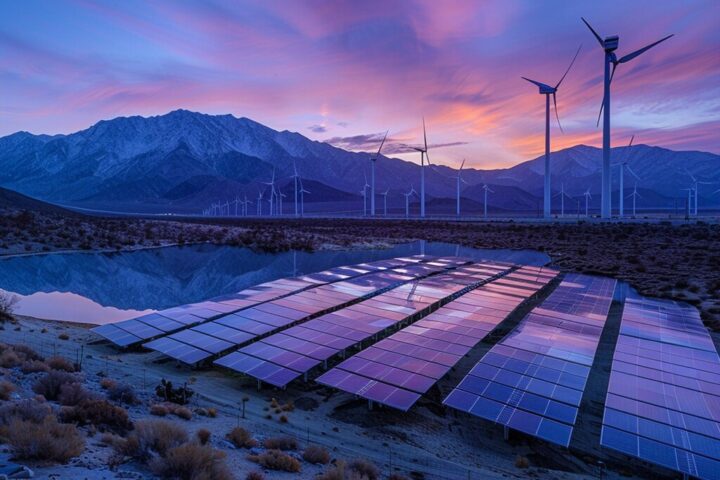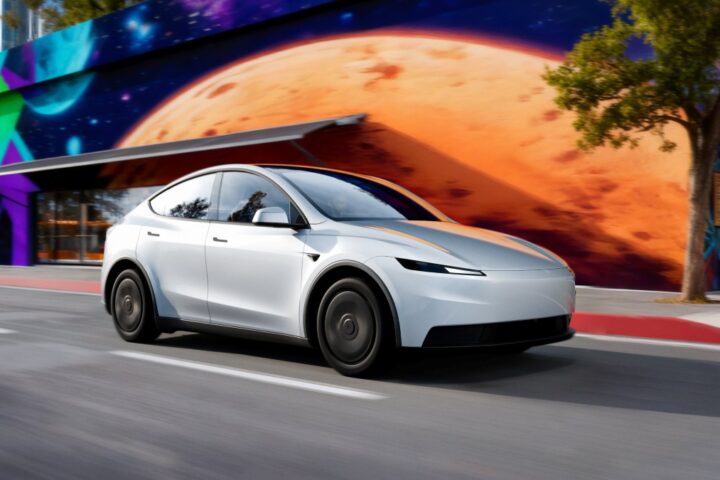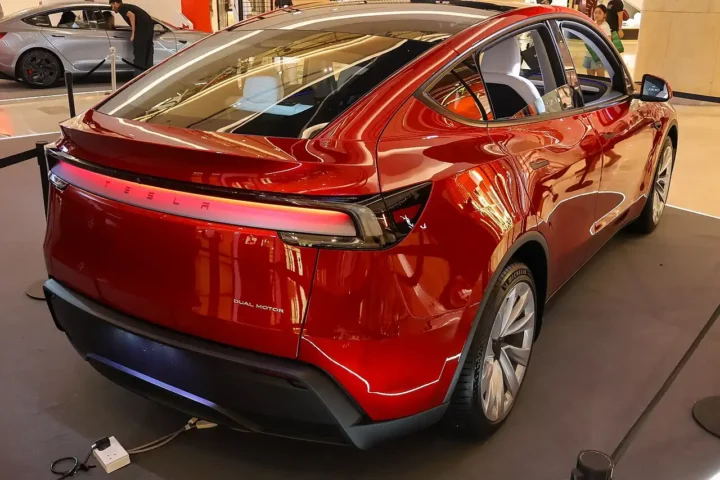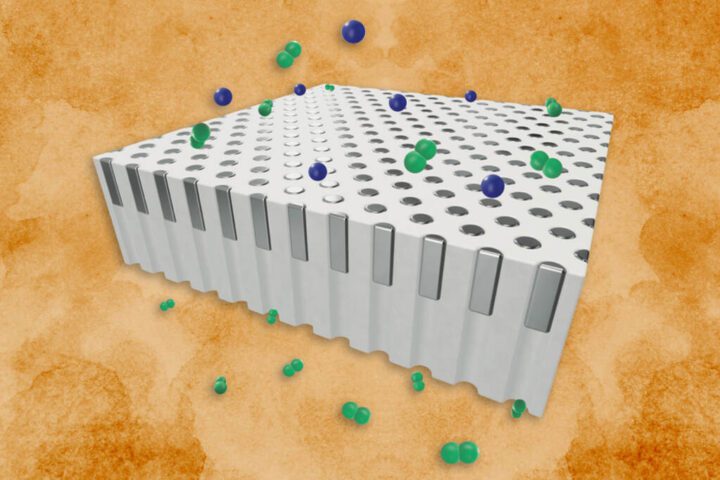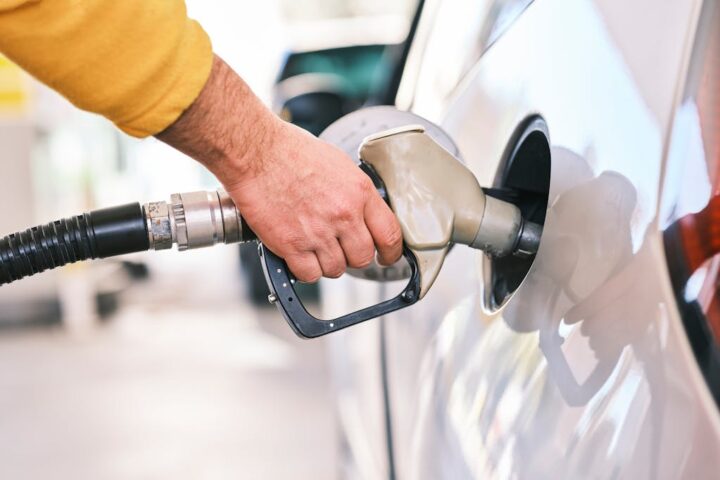With a recent proposal targeting water heaters, the Biden administration is targeting home appliances including water heaters with a series of energy efficiency actions. Ultimately reducing carbon emissions significantly, this move by the Department of Energy (DOE) aims to “accelerate deployment” of electric heat pump water heaters. If implemented, the proposed standards could force less energy-efficient yet cheaper water heaters out of the market.
Emphasizing that these actions aim to modernize efficiency standards for household appliances to benefit American families financially and environmentally, the Biden administration’s move is also part of Bidenomics, a strategy aiming to lower energy costs for working families across the country.
Beginning in 2029, the DOE estimates that the proposal could save consumers $11.4 billion on their energy and water bills annually. New electric storage water heaters will be required to use heat pumps to adhere to the new efficiency standards, while some gas-fired instantaneous heaters will need to use condensing technology.
These changes, over a 30-year period, are projected to reduce harmful carbon dioxide emissions by 501 million metric tons, saving Americans $198 billion. Underlining the significance of the proposed rule, water heating contributes to approximately 13% of US consumers’ annual residential energy use and utility costs.
A significant role in meeting these new standards will be played by heat pumps, which are more than twice as efficient as previous technology. With some larger electric heaters beginning to adopt this technology as early as 2010, the shift toward using heat pump technology in water heaters has been anticipated by manufacturers for over a decade.
As many US electric water heaters still rely on technology first widely commercialized in the 1940s, the change is overdue. A total of 18 appliance standards, including this new water heater rule, have been proposed or finalized by the Biden administration this year.
Similar Post
The water heater rule is unlikely to provoke similar disagreement, despite potential controversy surrounding other appliance regulations. Consumers are expected to recoup these costs and save more. Initial installation costs may be higher, but over the appliance’s approximate 15-year lifespan, these costs would be recovered.
The proposal, particularly beneficial to renters, would alleviate the cost burden of energy use from appliances that they don’t choose themselves. According to the DOE, over the lifetime of an electric heater, households could save an average of $1,868.
The DOE projects that these regulations will save Americans approximately $198 billion and reduce emissions by 501 million metric tons over the next three decades. In addition to water heaters, the DOE has introduced new standards for various appliances such as gas stoves, clothes washers, refrigerators, and air conditioners.
The Biden administration plans to propose or finalize rules impacting many more appliances, including consumer furnaces, pool pumps, battery chargers, ceiling fans, and dehumidifiers, according to the federal Unified Agenda.
The Biden administration announced that it had actioned 110 energy efficiency rules in 2022, as part of its climate agenda. The DOE, overall, anticipates that its appliance regulations will save Americans $570 billion and reduce greenhouse gas emissions by more than 2.4 billion metric tons over the next 30 years.
According to critics, these energy measures will restrict consumer choice and increase costs for Americans. Despite these criticisms, the DOE maintains that these regulations are centered on sustainability, offering significant benefits for consumers, the environment, and the economy.
